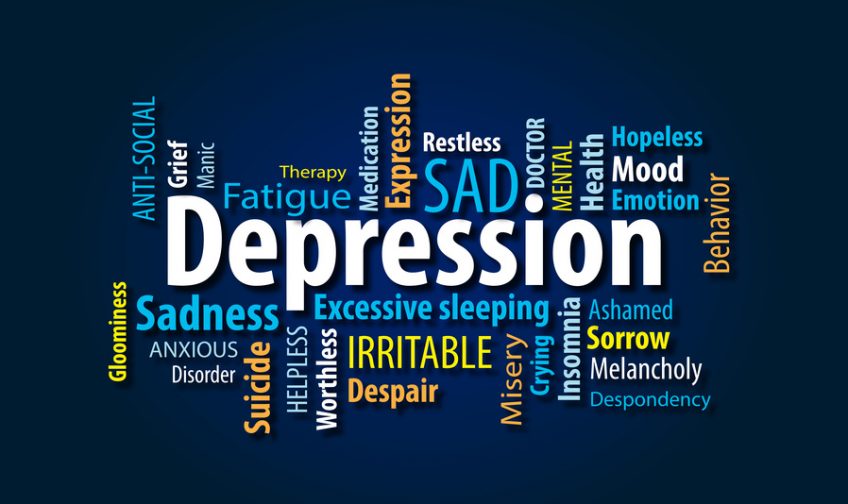
© Fotolia
Each year on the same date, so as to mark the date of its creation, the World Health Organisation alerts politicians and the media to a public health problem. This year it is depression which is in the spotlight. This affects individuals of any age from any country in the world. If depression can be treated, there is still the risk of relapse many years after remission.
“In the worst cases, depression can lead to suicide, which is now the second leading cause of death in 15-29 year olds.” – World Health Organisation –
Depression remains an enigma for research (what are its genetic roots, what is happening in the brain, are certain people more vulnerable than others…?). Therefore, many Inserm researchers are dedicated to studying depression. This is the case of Antoine Pelissolo (coming out of depression), of Cédric Lemogne (vulnerability to depression and the somatic impact of depression) and also of Marie Odile Krebs (depression in the young).
To help in the preparation of your subjects and reporting, you also have the following Inserm resources:
Our thematic paper on depression.
PELISSOLO, Antoine. Depression: lock yourself away or go out? Choc Santé Collection, 2015 125p. ISBN 979-10-90685-43-7
Latest press releases: – What if optimism were learnt?
– Depression: treat the trigger of symptoms at its root
These contents could be interesting :
